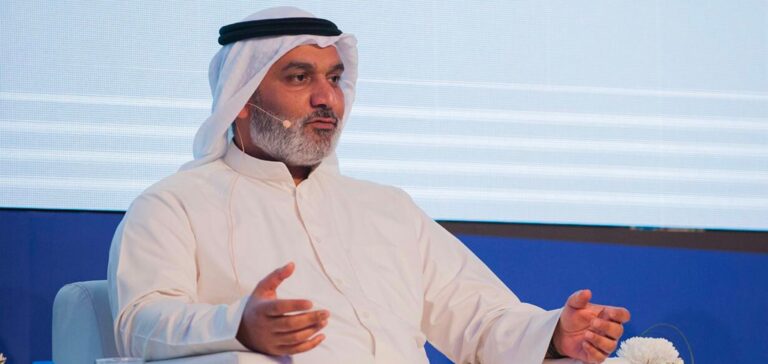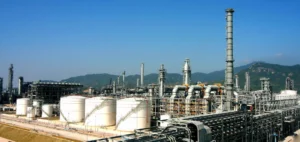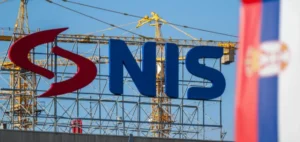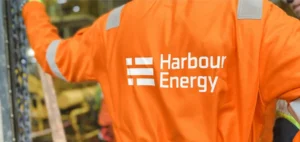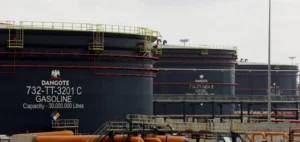OPEC+ members rely on their president, Abdulaziz bin Salman al-Saud, Saudi Arabia’s energy minister. In fact, the latter has assured to intervene if necessary to stabilize the crude oil markets. He wishes to accomplish this by calling a meeting when he determines that it is essential.
Exceptional meetings
The next OPEC+ meeting is currently scheduled for October 5, 2022. However, the group discussed the possibility of meeting before that date if circumstances dictate. This decision allows their president to better adapt to the needs of the market and its evolution.
It would seem that this need for flexibility is necessary and determined by events. This should help establish stability in the coming months but also limit market volatility.
OPEC is concerned about market volatility, as are many players. Thus, observing the strong fluctuations in oil prices, it raises the possibility of reducing production. Its leader, Saudi Arabia, claims that oil prices are facing exaggerated declines.
In this sense, the group has agreed to a reduction in production of 100,000 barrels per day. This is to support prices that have fallen.
This decision represents only 0.1% of global demand for the month of October. However, it is necessary to maintain the status quo. Thus, it is an important decree for the oil market.
OPEC+ wants to stabilize the market
The price of Brent crude oil LCOc1 has fallen to about $95 per barrel from $120 in June. This is due to fears of an economic slowdown and possible recession in the West.
Matthew Holland of Energy Aspects also states:
“OPEC+ is wary of prolonged price volatility generated by weak macroeconomic sentiment, scarce liquidity and new blockages in China, as well as uncertainty over a potential U.S.-Iran deal and efforts to cap Russian oil prices.”
Through its reduction target, OPEC+ seems to want to convey its desire to stabilize the market. In fact, a source in the Gulf has spoken out on this matter:
“Today’s reduction is symbolic and is intended to send a message to the market that the group will use all the tools in its kit to bring stability.”
In addition, the ability to hold an emergency meeting if necessary reflects a concern that OPEC+ members wish to address.


